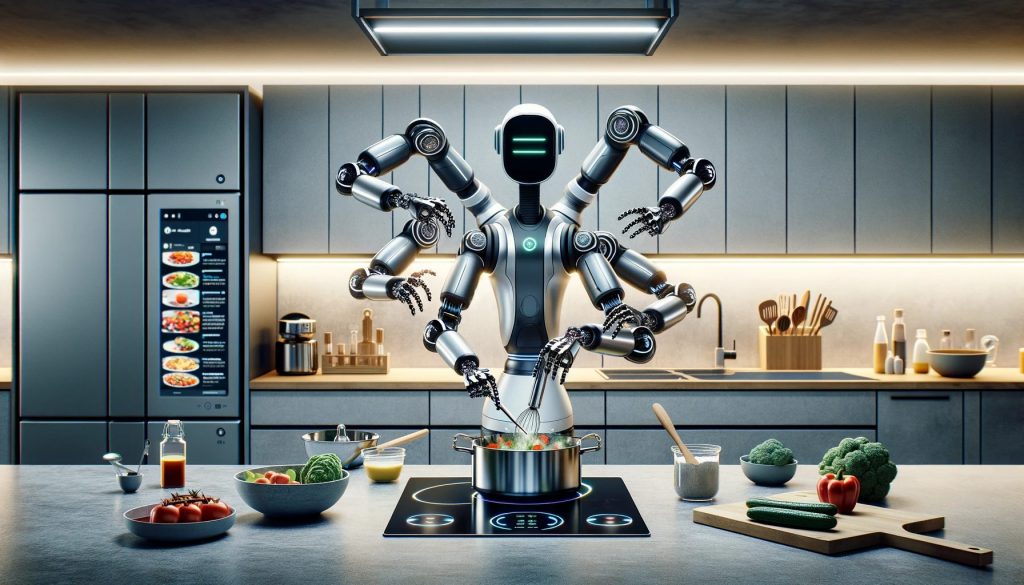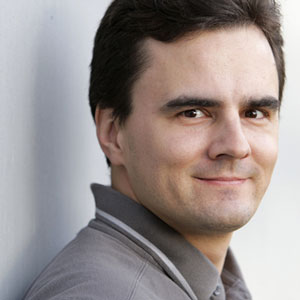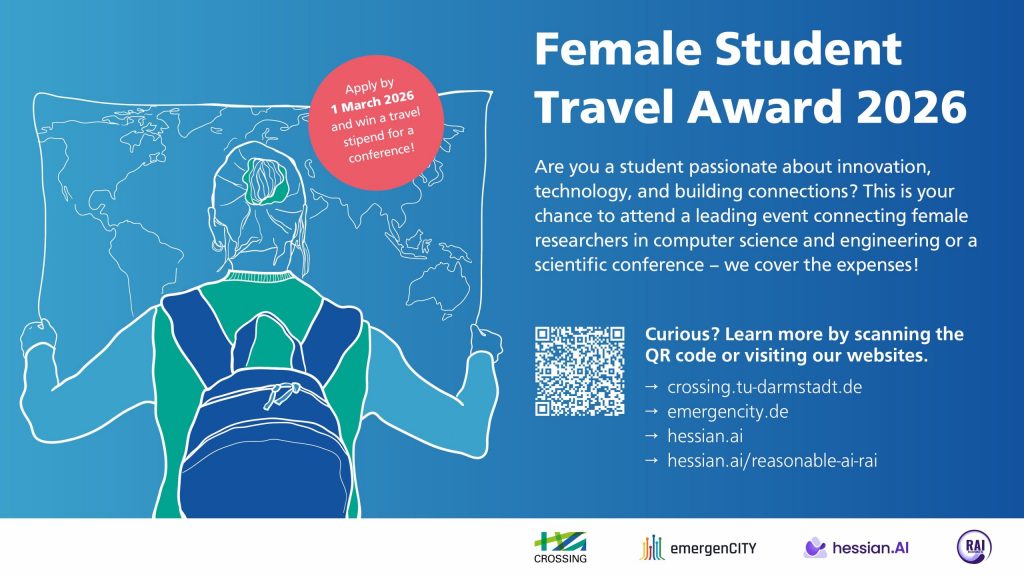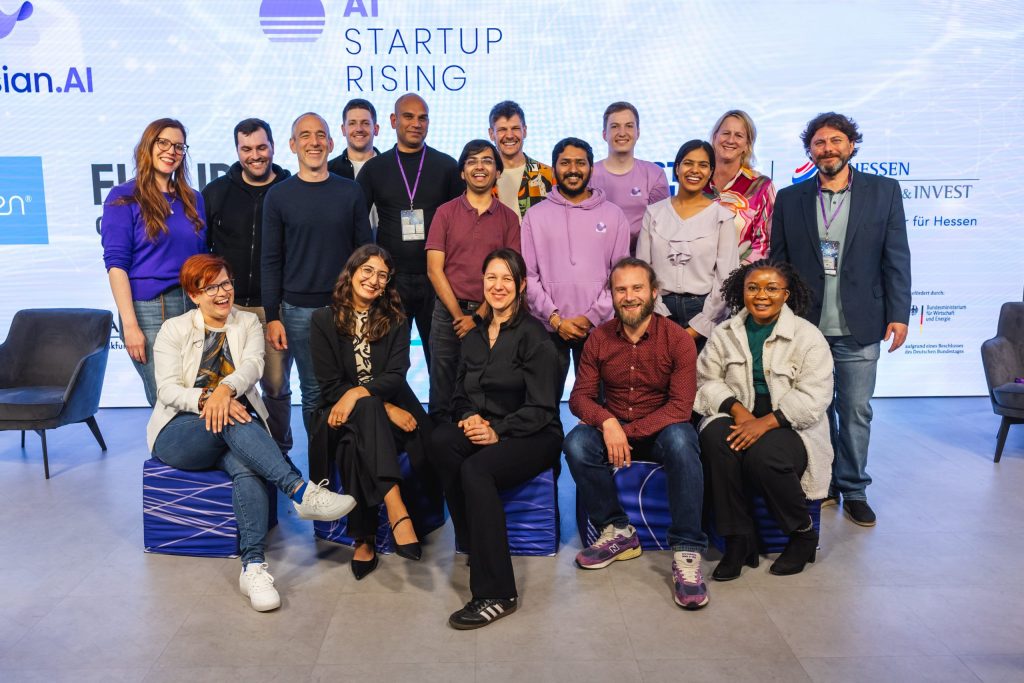
Wie motorische Intelligenz die KI auf eine neue Stufe heben könnte
Über Prof Dr Jan Peters
Prof Dr Jan Peters is one of the pioneers of AI and robotics research in Germany. He is a full professor (W3) for Intelligent Autonomous Systems at the Department of Computer Science at the Technical University of Darmstadt and also head of the research area System AI for Robot Learning (SAIROL) at the German Research Centre for Artificial Intelligence (DFKI). He is a founding member of hessian.AI.
AI pioneer at the TU Darmstadt
Although many universities lured him with offers, Peters remained loyal to TU Darmstadt. What counts for him are the short official channels, the flat hierarchies and the good team spirit. Peters values this environment more than possible advantages at even larger universities, he tells me in conversation.
In this way, a closely networked AI ecosystem has been created step by step in Darmstadt. Peters hat die KI-Allianz hessian.AI von Anfang an mit aufgebaut und die Zusammenarbeit mit der TU vorangetrieben. He is convinced that this close networking will bring great benefits in the long term, for example through joint research projects and a strong AI Master’s programme.
Why real AI needs to be physical
Peters himself is primarily researching embodied AI, i.e. AI with a body. For him, computers are ultimately just „amputated robots“. A true artificial intelligence must have a body and be able to interact with its environment.
According to Peters, much of what is labelled as AI today is primarily based on huge data sets that the systems passively record. ChatGPT, for example, can recombine stored knowledge, but hardly create anything really new. As soon as it comes to active behaviour in the real world, today’s AI systems quickly reach their limits, says the researcher.
Motor intelligence as the supreme discipline
According to Peters, true intelligence is characterised by the fact that it learns from a few examples, retains and adapts this knowledge throughout its life and is constantly learning new things. This makes his research fundamentally different from the majority of AI research, which focuses on optimising individual applications with large amounts of data.
Peters sees motor intelligence, i.e. the ability to generate and execute complex movements, as the „supreme discipline“ of AI. The fewer rules there are and the more active action is required, the more difficult it is to develop AI systems. Chess, Go, computer vision and natural language processing have made enormous progress in the last 20 years – but no one has yet managed to move a robot as skilfully as a human being.
What learning robots can do for us
Peters is convinced: „If this breakthrough succeeds, the potential is enormous. Rehabilitation devices could be perfectly customised to the patient, and series production and many work processes could be highly automated.
One concrete example is robotics in surgery. Operations, for example on the prostate, are already being performed by robots such as the Da Vinci system, but are controlled by humans. If robots become increasingly skilful by learning from surgical data and can benefit from the knowledge of the best surgeons, this would be a blessing for patients all over the world.
„I don’t think you can overestimate the impact at the moment, but you can certainly underestimate it,“ says Peters.



